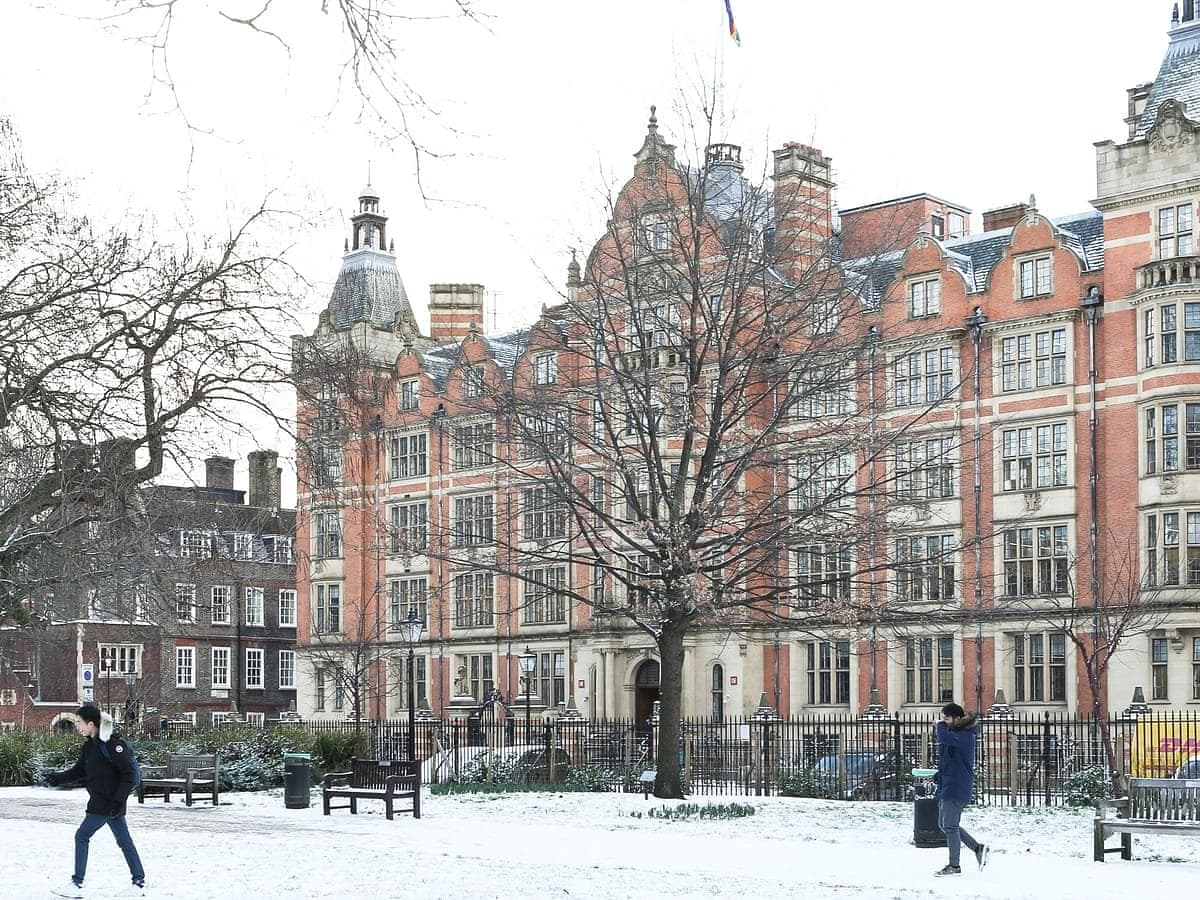The degree involves studying courses to the value of 12 units over three years, plus LSE100. You will also have the opportunity to apply for a year abroad at one of our global exchange partners.
First year
In Michaelmas Term of the first year of the programme you will gain an essential foundation in economics and learn the necessary quantitative skills. In Lent Term you will take introductory courses in microeconomics, macroeconomics and econometrics. You will also choose an outside option course from a rich array of courses from other departments – this can be a whole unit course or two half unit courses in Michaelmas Term and Lent Term, respectively. In addition, you will also take LSE100.
Michaelmas Term
Economics (0.5)
Principles economics course to introduce students to traditional and topical economic questions and how both established and new economic approaches can deal with them.
Quantitative Methods (0.5)*
The aim of this course is to develop the basic mathematical tools necessary for further study in economics and related disciplines.
Elementary Statistical Theory (0.5)
The course provides a precise and accurate treatment of introductory probability theory, statistical ideas, methods and techniques.
Outside option
Lent Term
Microeconomics I (0.5)
This course provides a foundation to help students understand key microeconomic questions using a variety of established and new approaches.
Macroeconomics I (0.5)
This course provides a foundation to help students understand key macroeconomic questions using a variety of established and new approaches.
Econometrics I (0.5)
Introduction to econometrics to teach students the theory and practice of empirical research in economics.
Outside option
*Students can opt to take Mathematical Methods (1.0) in place of Quantitative Methods (0.5) and the Lent Term outside option (0.5).
LSE100*
A half unit, running across Michaelmas and Lent Term in the first year, LSE100 is compulsory for all LSE undergraduate students, and is designed to build your capacity to tackle multidimensional problems through research-rich education.
Second year
The second year of the programme builds on the Year 1 courses in microeconomics, macroeconomics and econometrics. You will develop a firm grasp of core analytical methods and apply them to a range of problems. You will also choose one outside option from another department (a whole unit or two half units in Michaelmas Term and Lent Term, respectively).
Microeconomics II (1.0)
This intermediate-level course will help students understand key microeconomic questions and challenges and also evaluate possible solutions using a variety of approaches and student projects.
Macroeconomics II (1.0)
This intermediate-level course will help students understand key macroeconomic questions and challenges, and evaluate possible solutions using a variety of approaches and student projects.
Econometrics II (1.0)
Intermediate-level course to teach students the theory of econometrics, the practical problems of empirical research, and how to do empirical research themselves in a student project.
Principles of Finance or optional course (1.0)
Third year
In the third year there are specialist options in all the main fields of economic enquiry, and you can choose your courses according to your interests. One of these courses could be from an approved list of relevant courses offered outside the Department.
